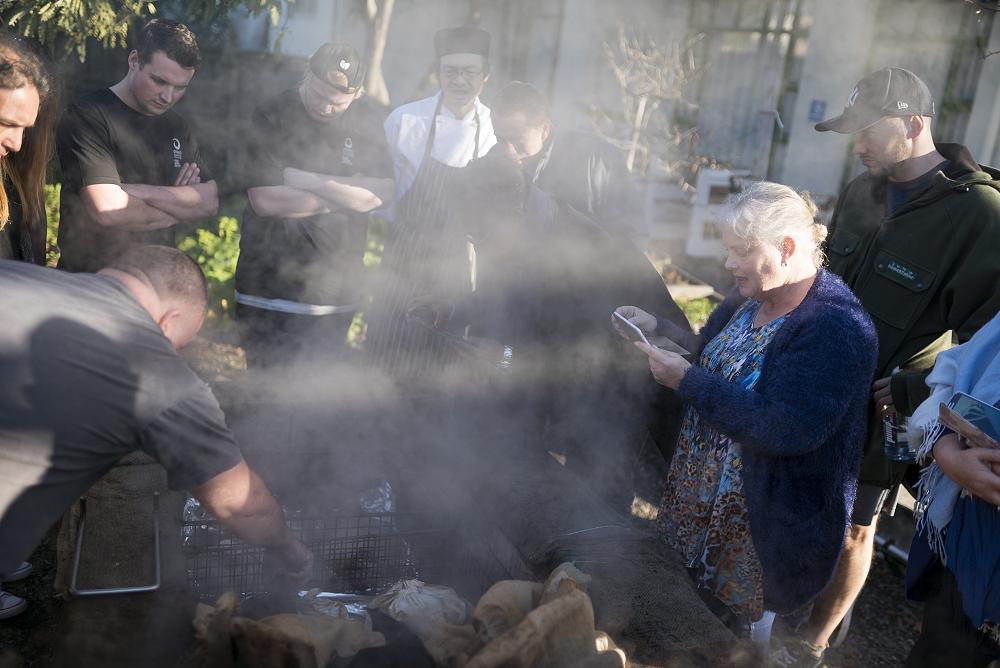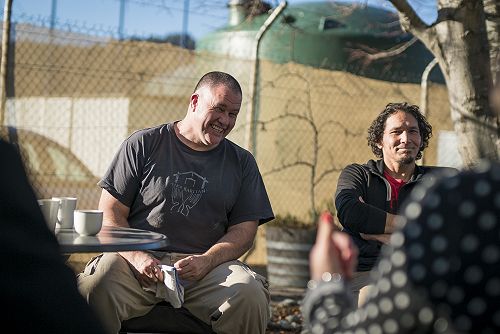
We are what we eat
Ron Bull's research explores how practices around food articulate cultural identity.
My research focuses primarily on food, place and identity through the particular methodology of mahika kai and kaihaukai. Mahika kai is the practices surrounding the gathering, preparing and cooking of food, while kaihaukai is essentially the sharing and feasting around food. Within each of these I am interested in the apparent distinction between the two practices, one being about the everyday (mahika kai) while the other (kaihaukai) being more associated with ceremony and the extra-ordinary.
There is a propensity to associate a cultural discourse with the explicit extraordinary occasion: for Iwi Māori usually the feasting around events on the marae such as pōwhiri and tangihanga. These extra-ordinary events are often the first and only touch points that people have with a culture. My research examines identity making activities that include the extra-ordinary but also celebrate the mundane, the everyday events and practices that allow to define and redefine our identity.
These identity making activities are not just the direct physical transformations involved in the practices, but include the theoretical and ontological understanding of the practice. My research has extended beyond Te Wai Pounamu to indigenous peoples of North America and Nigeria whom I engaged with as part of a cultural exchange in New Mexico and other indigenous attendees at the Food Design Conference in 2016.
Gallery

